Proscar (Finasteride) 5mg
$1.50 $1.20
Proscar (Finasteride) 5mg pills/tablets:
Proscar (Finasteride) is a synthetic drug for the treatment of benign prostatic hyperplasia and male pattern baldness. It is a type II 5α-reductase inhibitor. 5α-reductase is an enzyme that converts testosterone to dihydrotestosterone.
You can buy Proscar (Finasteride) 5mg tablets online without prescription (No RX).
product price is as: per pill
Minimum order quantity is: 100 pills
What are the possible side effects of oxymetholone (Anadrol-50)?
Get emergency medical help if you have any of these signs of an allergic reaction: hives; difficult breathing; swelling of your face, lips, tongue, or throat.
Long-term use of oxymetholone can cause liver tumors or blood-filled cysts in your liver or spleen. Call your doctor at once if you have:
- nausea, upper stomach pain;
- rapid weight gain, especially in your face and midsection;
- loss of appetite, dark urine, clay-colored stools; or
- jaundice (yellowing of the skin or eyes).
Also call your doctor at once if you have:
- painful or difficult urination;
- increased interest in sex, painful or ongoing erection of the penis;
- loss of interest in sex, impotence, trouble having an orgasm, decreased amount of semen when you ejaculate;
- easy bruising or bleeding (nosebleeds, bleeding gums), any bleeding that will not stop;
- painful swelling in your breasts;
- changes in skin color; or
- shortness of breath (even with mild exertion), swelling in your hands or feet.
Women receiving oxymetholone may develop male features, which could be irreversible if treatment is continued. If you are a woman taking oxymetholone, tell your doctor right away if you have:
- hoarse or deepened voice;
- increased facial hair, hair growth on the chest;
- male pattern baldness;
- enlarged clitoris;
- changes in your menstrual periods; or
- increased or decreased interest in sex.
Common side effects in both men and women may include:
- acne;
- male pattern baldness;
- breast swelling or tenderness (in men or women);
- feeling restless or excited;
- sleep problems (insomnia); or
- nausea, vomiting, diarrhea.
This is not a complete list of side effects and others may occur. Call your doctor for medical advice about side effects. You may report side effects to FDA at 1-800-FDA-1088.
What is the most important information I should know about oxymetholone (Anadrol-50)?
You should not use this medicine if you have severe liver or kidney disease, prostate cancer, male breast cancer, or female breast cancer with high levels of calcium in the blood.
Do not use oxymetholone if you are pregnant.
Long-term use of oxymetholone can cause liver tumors or blood-filled cysts in your liver or spleen. Call your doctor at once if you have upper stomach pain, loss of appetite, dark urine, clay-colored stools, jaundice (yellowing of the skin or eyes), or rapid weight gain (especially in your face and midsection).
What should I discuss with my health care provider before taking oxymetholone (Anadrol-50)?
You should not use oxymetholone if you are allergic to it, or if you have:
- prostate cancer;
- male breast cancer;
- female breast cancer with high levels of calcium in the blood;
- severe liver disease;
- severe kidney disease; or
- if you are pregnant.
To make sure oxymetholone is safe for you, tell your doctor if you have:
- liver or kidney disease;
- heart disease, congestive heart failure;
- coronary artery disease (hardened arteries);
- high cholesterol or triglycerides;
- diabetes;
- bleeding or blood clotting disorder;
- enlarged prostate; or
- if you also take a blood thinner (warfarin, Coumadin, Jantoven).
FDA pregnancy category X. This medicine can harm an unborn baby or cause birth defects. Do not use oxymetholone if you are pregnant. Tell your doctor right away if you become pregnant during treatment. Use effective birth control while you are using this medicine.
This medicine may affect fertility (your ability to have children), whether you are a man or a woman.
It is not known whether oxymetholone passes into breast milk or if it could harm a nursing baby. You should not breast-feed while using this medicine.
Do not give this medicine to anyone under 18 years old without medical advice. A child using oxymetholone may need x-rays every 6 months to make sure this medicine is not causing harmful effects on bone growth.
Do not share this medicine with another person.
How should I take oxymetholone (Anadrol-50)?
Follow all directions on your prescription label. Your doctor may occasionally change your dose to make sure you get the best results. Do not take this medicine in larger or smaller amounts or for longer than recommended.
To be sure this medicine is helping your condition, you may need frequent blood tests. You may not notice any change in your symptoms, but your blood work will help your doctor determine how long to treat you with oxymetholone.
Tell your doctor if you have any changes in weight. Oxymetholone doses are based on weight, and any changes may affect the dose.
It may take 3 to 6 months before your symptoms improve. Keep using the medication as directed and tell your doctor if your symptoms do not improve.
This medicine can cause unusual results with certain medical tests. Tell any doctor who treats you that you are using oxymetholone.
Oxymetholone is only part of a treatment program that may also include blood transfusions and/or using other medicines. Follow your doctor’s instructions very closely.
Once your condition is under control, you may be able to stop taking oxymetholone. Some people must continue taking a small amount of oxymetholone to keep their red blood cells from getting too low. You may need to take oxymetholone for the rest of your life. Follow your doctor’s instructions.
Store at room temperature away from moisture, heat, and light.
Do not share this medicine with another person. Keep track of the amount of medicine used from each new bottle. Oxymetholone is a drug of abuse and you should be aware if anyone is using your medicine improperly or without a prescription.
Reviews
There are no reviews yet.


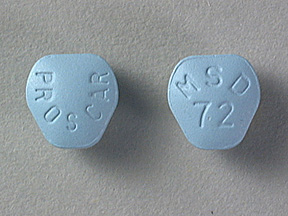
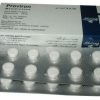


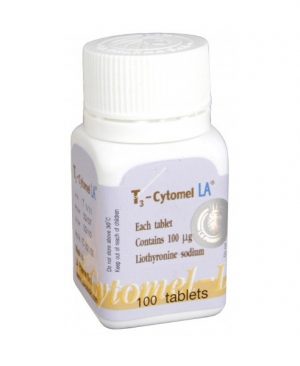
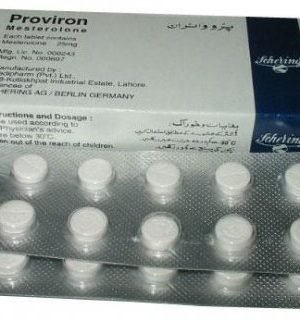
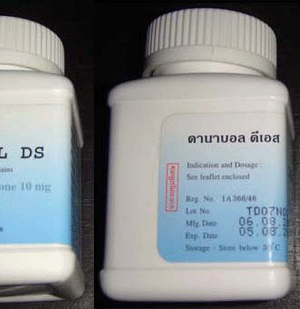
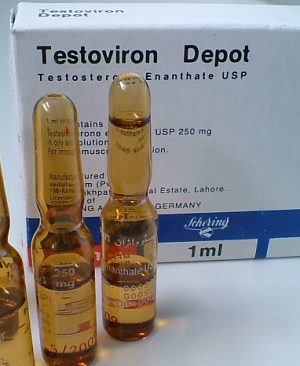


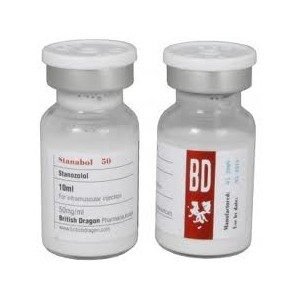
Be the first to review “Proscar (Finasteride) 5mg”